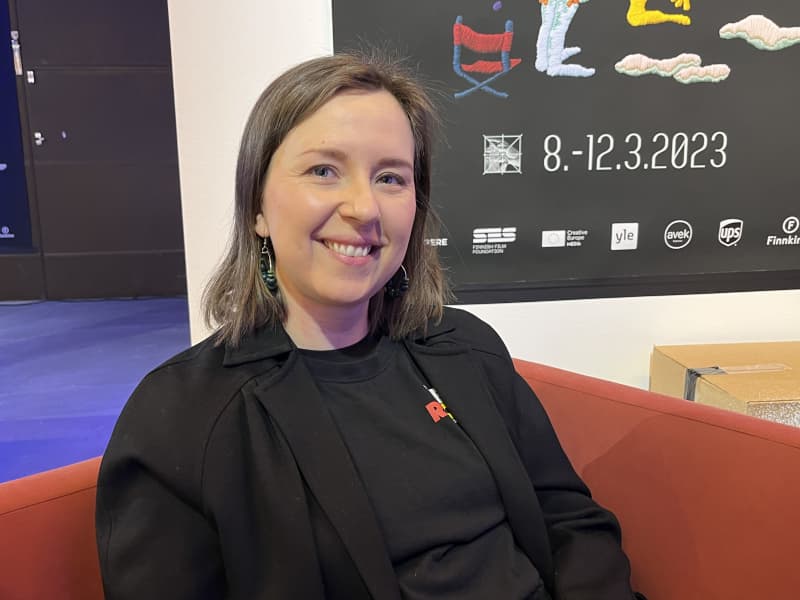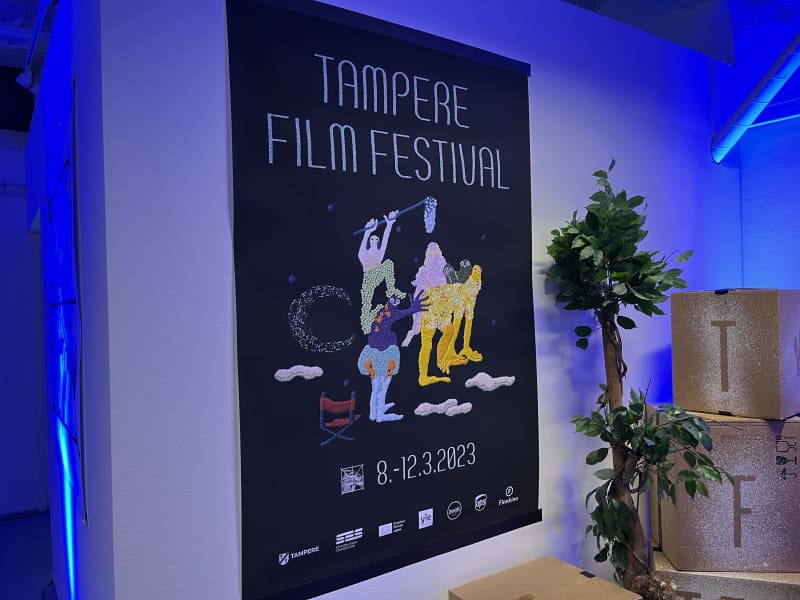Finland aims to be the most sustainable film and TV production country in the world. According to the expert, a lot of good things are already in place, partly forced by small budgets.
Sustainability and environmental issues will also be highlighted at the ongoing Tampere Film Festival. Finland is striving to become the most sustainable production country in the world, and there is plenty of work to be done if we want to keep to this goal.
The current situation is currently being mapped by collecting data on the environmental impact of production.
Puolanne is the co-author of the 2019 edition of the Ecosetti Guide. It is the first sustainability guide for the audiovisual sector in Finland. She also has more than ten years of experience in the TV industry as a scriptwriter, editor and producer.
– If you look at the matter globally, Finland is not the worst polluter of the film industry. But that doesn’t mean we have any different freedoms in these matters.
The biggest environmental burden of film and TV productions comes from traffic. One production group can have many cars at its disposal. An alternative for moving could be a train.
– Many colleagues abroad are amazed and jealous that you have emission-free train service that covers the whole country. We often think that traveling by train is expensive and the schedule is uncertain, says Puolanne.
Choices and money matter
In film and TV productions, all departments have their own euro amount in use. For example, a set designer knows exactly how much he can spend on purchases.
– But you also have to think about the environmental aspect, i.e. which purchase is ecologically good and which is bad. That is the core of this whole thing, says Anne Puolanne.

Finland is a country with small budgets. You don’t even have to look very far for a point of comparison with the bigger ones – it’s enough to compare the amounts of money spent on production with other Nordic countries.
Puolanne says that in Finland we are a little forced to smoke, but also to think intelligently.
– For example, a lot of purchases are already made from flea markets. We already have a lot of good things in use, he says.
Internationalisation is a big challenge
Growth and internationalization bring opportunities, but from an ecological point of view, the pattern is difficult. Anne Puolanne says that this is the question of a thousand bucks, because the matter is not simple.
Financing models alone can dictate that production cannot be done only in the home country.
– There is, for example, a production incentive: when you go to another country, you get some of the money spent back as tax credits. EU funding can bind authors to joint productions with other countries, says Puolanne.

Puolanne stresses that international production patterns are not about to be banned, but he hopes for case-by-case consideration.
– How much genuine added value is gained by taking production abroad? He asks.
Internationality is important in the eyes of many creators, and Hollywood productions are coveted to be made in Finland as well.
However, Anne Puolanne urges us to think about whether it would be possible to use our own professionals in the productions.
– For example, you should think about how many people you need to fly from the United States to Finland, for example.
